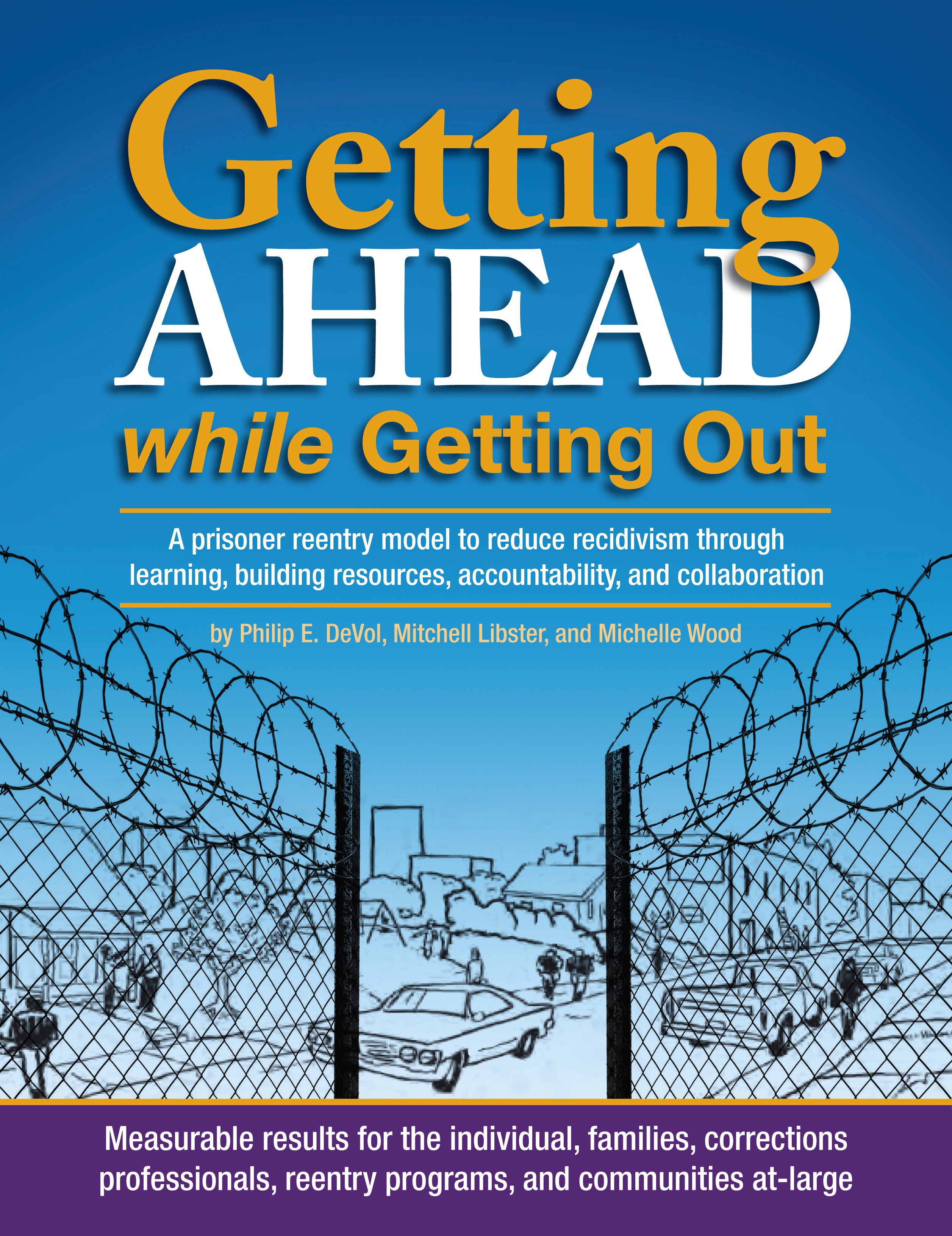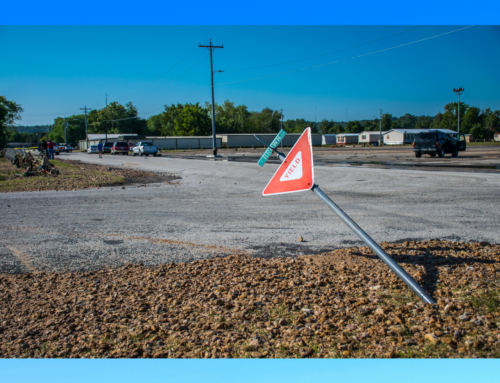 I recently finished my training in all facets of the Bridges Out of Poverty model and just completed the first phase for our reentry (from incarceration) program here in Canton, Ohio. Our four-month program has four phases. The first phase is, of course, going through the workbook Getting Ahead While Getting Out. The second phase is job-readiness training, which I instructed. The third and fourth phases are in-depth Microsoft Office training.
I recently finished my training in all facets of the Bridges Out of Poverty model and just completed the first phase for our reentry (from incarceration) program here in Canton, Ohio. Our four-month program has four phases. The first phase is, of course, going through the workbook Getting Ahead While Getting Out. The second phase is job-readiness training, which I instructed. The third and fourth phases are in-depth Microsoft Office training.
Lately we have been centering a job fair around this training to assist individuals in obtaining employment and moving forward toward stability. I have been in education/coaching realm for 40 years, and this has become one of my most memorable adventures.
When I started the Getting Ahead while Getting Out classes, I wasn’t sure if I was doing it correctly and still don’t know if I completed all the units, but I’ll tell you this: It was truly rewarding. The six investigators in the class brought back my passion and enthusiasm for teaching. I probably learned more than they did during the class. I was humbled by their participation and effort.
The group developed camaraderie, and they were open and honest. They also said they felt safe and comfortable and looked forward to coming to class. This too was rewarding to me personally. One individual even stated that in other groups she attends she uses some of the information I presented in our class.
As a facilitator, I pretty much sat back and let the investigators run with it. We got “off topic” many times, but it was fine because somehow they would usually segue into the next topic.
We had a guest speaker share about his past and what he did to make changes in his life—everything from changing his attitude to what happened to him with drugs and alcohol to how faith played a major role in his life. Of course the investigators want him to come back!
I also have a former student returning to talk about his incarceration, how he moved forward, and how he is now a warehouse manager working for another former felon who owns the company.
I’ve been able to present at Stark State University to its certificate and associate degree program students to provide another option for moving forward in achieving a stable life.
Again, I can’t emphasize enough how learning about Bridges Out of Poverty and becoming a facilitator have affected me and my attitude. I don’t have a new set of students but rather a new group of friends.
For those who may be starting to facilitate their first class, my advice would be: Don’t worry so much about what you covered but instead focus on the impact the material and the conversations are having on the investigators in the class.
As I look back over my 40 years of teaching and coaching, it seems people are taught mostly how to pass a test, not to learn what life is about. I’m thankful that I’ve been part of an experience that involves learning more about life itself.
Paul Dorando has been working the past year as a career readiness instructor with the Stark County Community Action Agency in Canton, Ohio. He has been an educator for 40 years, teaching in traditional settings (30 years), as well as a charter school (seven years). More than a dozen of those years have been in vocational education. He also worked two years in college admissions and has coached high school and college football for 38 years.








